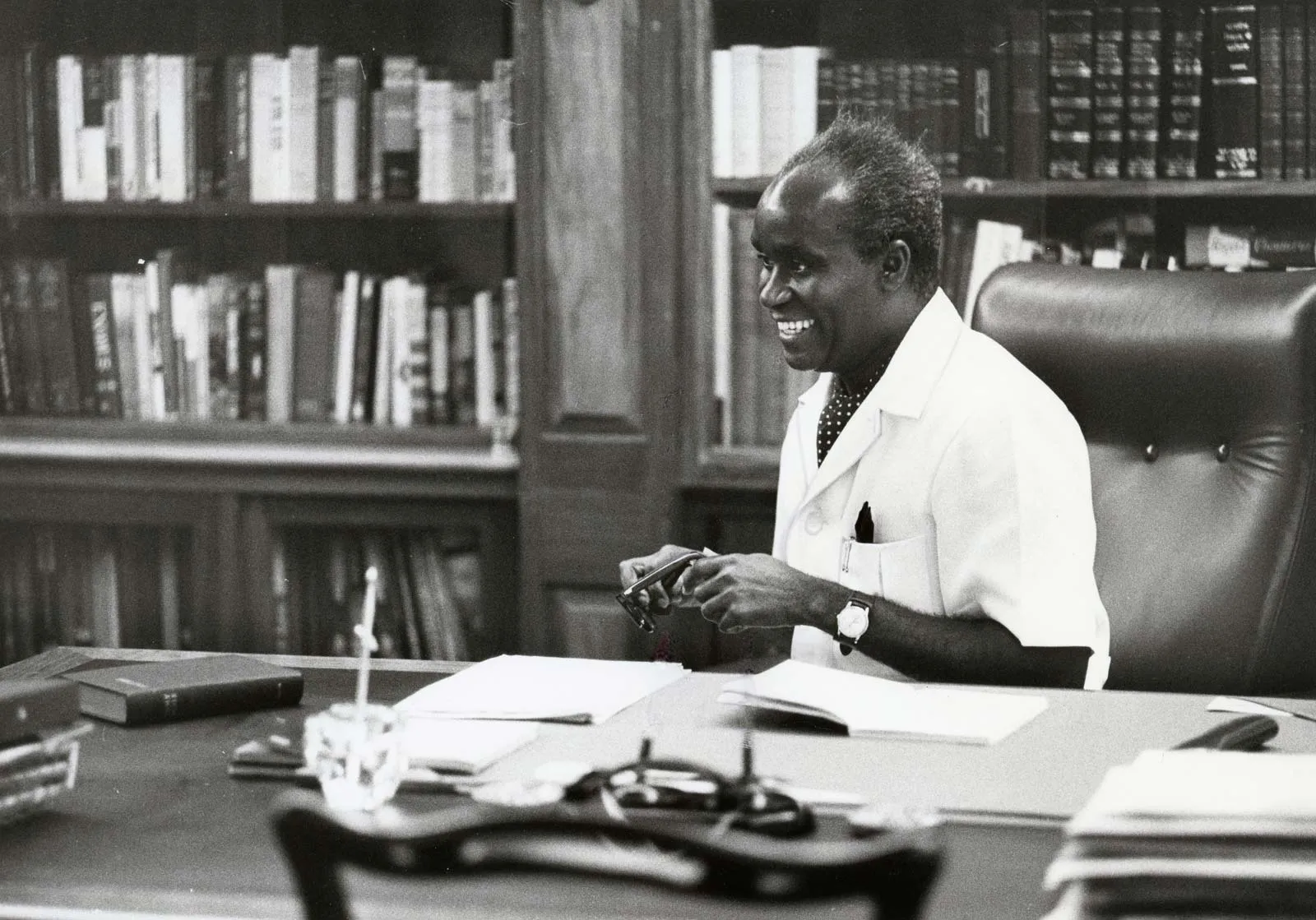DISCLAIMER: The views expressed in this article are those of the author and do not necessarily reflect the official policy or position of News Diggers Media Ltd.
There were several important benefits of colonialism that are not immediately apparent. The “Scramble for Africa”, driven by selfish economic motives by the European colonial powers had many unintended positive consequences. Rival African tribes that fought bloody wars for many decades were now forced to stop fighting. The Bisa vs Bemba, Zulu vs Ndwandwe, Ngoni vs Chewa and Ndebele vs Shona are a few examples.
Colonialism stopped all these long-running conflicts because slavery, which had become the main driver of endless tribal wars, was eliminated by the colonialists. Colonial rule did not tolerate tribal warfare, as it would take away labour that was needed for mining, infrastructure building and farming. The peace and certainty that came out of this was invaluable for trade and commerce, transportation, human population growth and perhaps most importantly, increasing agricultural output because men were no longer needed to fight wars with other tribes. It now made sense for people to invest in commerce and long term agriculture and adopt modern farming methods since they were no longer under the threat of attack. This led to much faster economic growth, higher incomes and increased life expectancy for Africans.
Another massive benefit was the introduction of modern medicine alongside basic education in hygiene, including boiling drinking water. Before that, Africans died like flies from malaria, cholera, smallpox, tuberculosis, yellow fever, etc. Penicillin was discovered in 1928 by a Scottish Physician and French Chemists synthesised Quinine from the Cinchona tree of South America in 1820. These two were a game changer for both Europeans and Africans by making malaria and other diseases more easily treatable. Ironically, Europeans failed to colonise Africa in earlier attempts precisely because of malaria.
Average life expectancy in Africa in 1900 was around 30 years but in Europe, it had already risen to 40 years. Africans adopted modern medicines. Colonial mass vaccination programmes for under 5 children increased African life expectancy. By independence in the 1960s, many African countries were already at around 50 years. This rise from 30 to 50 years was a nearly 70% increase within a generation! Millions of African kids survived childhood and millions more lived longer better lives.
Then there was education, originally introduced by Missionary Societies to get Africans to read the Bible and learn Western customs and values. The motivations were mixed; the desire to civilise the “savage” Africans, introduce Christian morality, hopes of ending slave practices as European values were adopted, a ploy to create soft power for Europeans, preparation for colonialism, etc.
Mission schools provided education for black kids for decades before colonialism, alongside ad hoc educational arrangements for the early white settlers. Then the European colonialists introduced public education. In Northern Rhodesia, the British built well funded public schools for the children of the white settlers and most of the education budget was spent there as educating the natives was not a big priority, not to mention segregation. However, they gave grants to mission schools and they eventually built public schools for blacks with Munali, Livingstone and Chikuni Secondary Schools being among the earliest efforts.
By the 1950s, Northern Rhodesia had more than 1,000 Primary Schools with over 100,000 black kids in them. The numbers for Secondary education were dismal, with just about 10 schools for the entire black population. Higher education was worse with zero institutions. Nevertheless, the education introduced by the missionaries and colonialists was a game changer for Africans to bring them into the modern global economy and increase opportunities for upward financial mobility over generations.
Zambia’s first president Kenneth David Kaunda and much of his first cabinet were educated at Munali Boys Secondary School at colonial government expense. They could never have taken over Zambia in 1964 without that colonial education. Even Zambian independence itself would not have succeeded had there not been a pool of an informed, educated, literate, leadership that could engage with the colonialists at their level and organise resistance to oppressive rule.
The first black members of the Northern Rhodesia Legislative Council – Henry Kasokolo, Nelson Nalumango, Dauti Yamba and Pascale Sokota – could never have taken up their positions in 1948 without being able to read, write, and speak English, courtesy of British education. The first two Speakers of the Zambian Parliament, Wesley Nyirenda and Robinson Nabulyato went through Munali Boys, as did the first Secretary to the Zambian Cabinet, Valentine Musakanya.
Hastings Kamuzu Banda, Malawi’s first president was educated in Edinburgh, Scotland with his monthly stipend paid by the British Nyasaland government. Seretse Khama, Botswana’s first president was educated at Oxford University using funds from what was then the colonial Bechuanaland Protectorate administration.
To be continued…
» Why colonialism was actually ‘good’ for Africa – Part 1



























One Response
Michael, a balanced re view. What I want others to understand that most of the white technicians that worked in the world class mining industry of the Copperbelt, would not come unless there were similar facilities to their home countries: schools, hospitals and groceries etc and of course accomodation. Some uniformed claim white privileged but the industry and wealth to develop Northern Rhodesia would not have been possible. Unfortunately the Federation was like the EU, a lot of the wealth developed SR capital where also all the Ministries had their HQs, the university etc was in Salisbury so NR lost out to bamba zone!